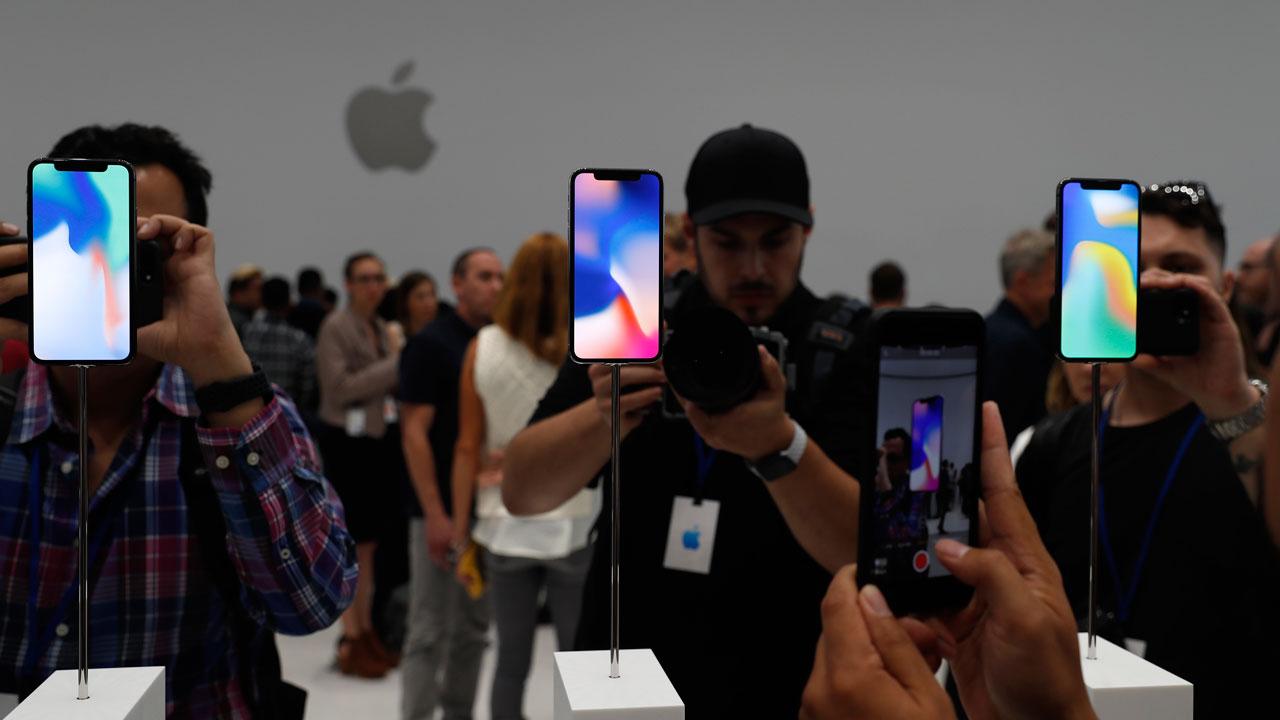Apple seeks China tariffs exemption for iPhones, MacBooks
Apple asked the Trump administration this week to exempt its products, including the iPhone and MacBook, from further tariffs on China amid an ongoing trade dispute between the two nations.
The Trump administration has proposed a 25 percent tariff on an additional $300 million worth of Chinese goods after trade negotiations stalled last month. In a letter to U.S. Trade Representative Robert Lighthizer dated June 17, Apple touted its contributions to the U.S. economy and requested that its products not be included in the next wave of duties.
“The proposed tariff list covers all of Apple’s major products, including iPhone, iPad, Mac, AirPods, and AppleTV, as well as the parts and batteries used to repair products in the United States,” Apple said in the letter. “The proposed tariffs also cover accessories that Apple makes for these devices, such as monitors and keyboards. …We urge the U.S. government not to impose tariffs on these products.”
In early 2018, Apple pledged more than $350 billion in direct contributions to the U.S. economy over the next five years after the passage of the Trump-backed corporate tax reform package. In the letter, the iPhone maker said it is on track to meet that goal, adding that it is “the largest U.S. corporate taxpayer to the U.S. Treasury.”
Apple said tariffs on its Chinese-manufactured products would limit its contributions to the U.S. economy and damage its ability to compete with international rivals that aren’t subject to the tariffs, especially China-based companies without a major U.S. presence.
“A U.S. tariff would, therefore, tilt the playing field in favor of our global competitors,” the letter said.
| Ticker | Security | Last | Change | Change % |
|---|---|---|---|---|
| AAPL | APPLE INC. | 278.12 | +2.21 | +0.80% |
Apple shares were flat in early trading Friday.
CLICK HERE TO GET THE FOX BUSINESS APP
Apple did not address the possibility of price hikes for its products if tariffs are implemented. The company is said to be considering shifting some iPhone production out of China to limit the impact.




















